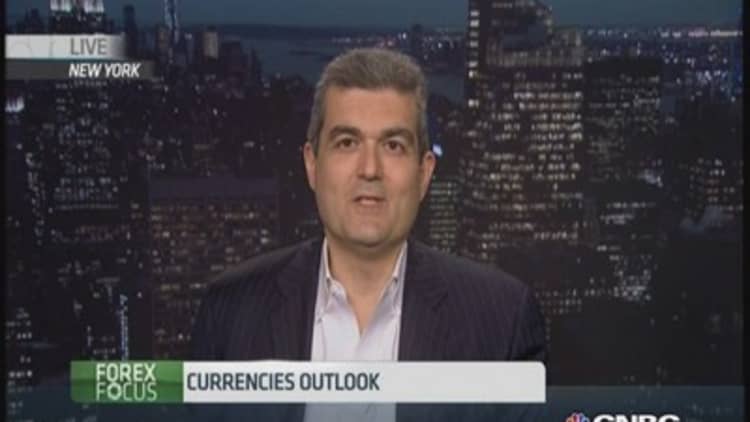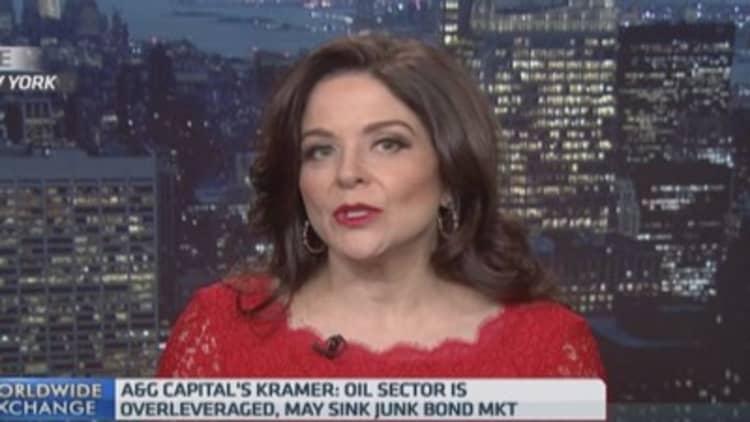Sterling recovered some ground on Friday, pushing back above $1.51 as the dollar retreated broadly after U.S. payrolls data that showed the economy creating jobs robustly without generating much wage growth.
By late trade in London, sterling was half a percent higher at $1.5157 and 0.1 percent stronger against the euro at 78.09 pence. That still left it just over 1 percent lower against the U.S. currency this week and almost 0.7 percent lower against a trade-weighted basket of currencies.
"Sterling has been on the defensive of late but it tried a cautious rebound in the run-up to the data," analysts from KBC said in a note to clients. "It looks like sentiment is slightly improving."

The tone on the pound has been nervy since the start of the year, with investors worried about growth prospects in both Britain and the euro zone.
Data earlier on Friday showed British industrial production and construction unexpectedly contracted in November, while London-based think tank NIESR said that economic growth slowed to 0.6 percent in the fourth quarter - broadly in line with the forecasts of private-sector economists.
For 2014 as a whole, NIESR calculates the economy grew by 2.6 percent, up from 1.7 percent in 2013 and the strongest annual reading since the 2008 financial crisis, but well below full-year growth forecasts from the Bank of England (BoE) and economists.

"Construction and industrial data are a further indication that domestic momentum is slowing," said Jameel Ahmad, chief market analyst at FXTM.
"This follows services, manufacturing and construction PMIs showing a slowdown in activity. That will further push back any pressure on the BoE to raise interest rates."
Investors are also wary of the pound given rising political risks ahead of what is likely to be a closely fought parliamentary election in May. It could pave the way for a referendum on whether Britain should stay in the European Union, if Prime Minister David Cameron's Conservative party is returned to power.

